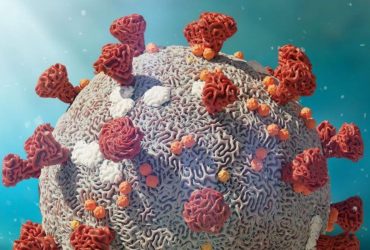Rate of severe maternal morbidity 292.1 per 10,000 live births among those with OUD, with variation seen across states
SSRI-exposed children did not have increased risk of functional nausea and vomiting or functional abdominal pain disorders
IPV linked to delayed or no prenatal care, depression in pregnancy, cigarette smoking, substance use, low birth weight
Women with high versus low life stress, anxiety, depression, PTSD had differently abundant microbes
Individuals with history of concussion have increased risk for mental illness in the 14 years after delivery
Findings show up to 70 percent increased risk for offspring at ages 1, 2, and 3 years
Age-corrected standard scores for children's attention and inhibitory control lower for those exposed to cannabis
Offspring of mothers with a history of eating disorder or prepregnancy BMI outside normal have increased risk
No increased rates of positive M-CHAT-R screening seen for offspring
Urinary symptom bother and urgency incontinence tied to higher parity and anxiety










